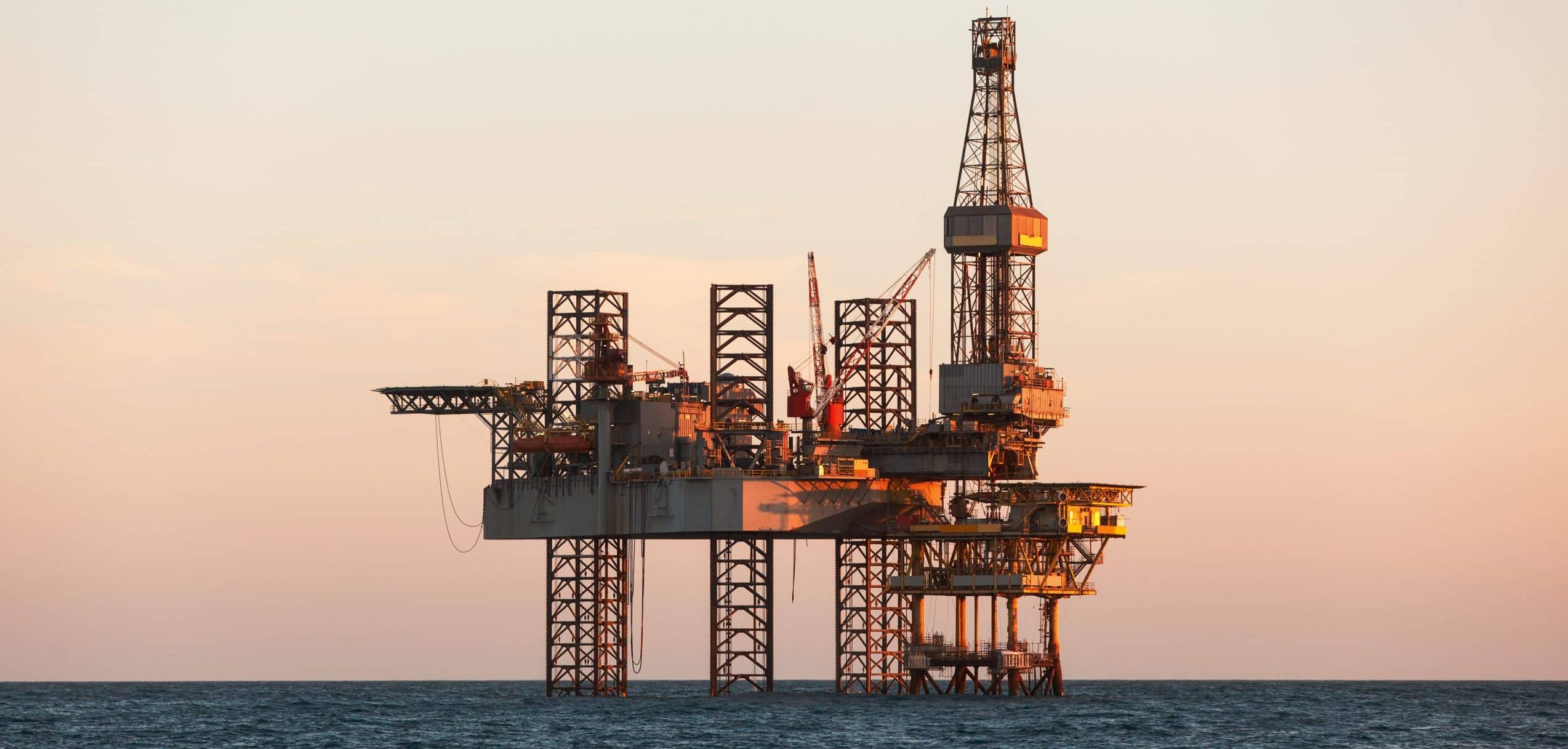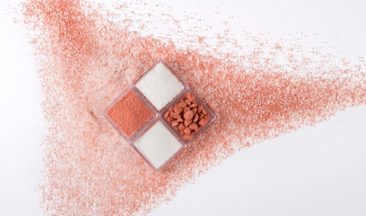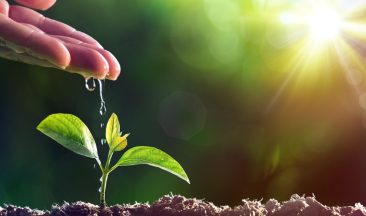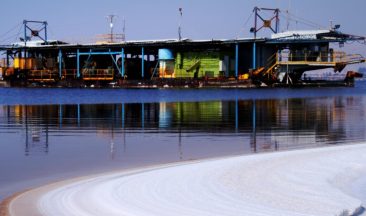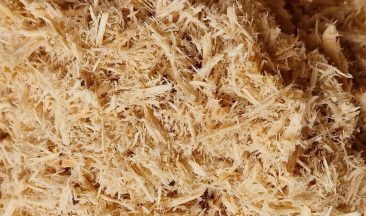The oil and gas industries play a vital role in keeping the world’s economies running. The demand for energy continues to increase year after year, and still gas and oil are the primary sources of energy. Even though renewable energy sources are making inroads into the world’s vast energy demands, the demand for fossil fuels is still considerable.
Clear Brine Fluids (CBFs) or completion fluids play a vital role in oil and gas exploration, drilling, and production.
What are Completion Fluids?
Completion fluids are highly saturated salt solutions that are pumped into the borehole as the drilling takes place. These Clear brine or completion fluids are high-density and solid-free brines, used mainly in the completion process of offshore oil and gas drilling industries because of their unique physical properties. They enable the safe installation of high-tech completion systems that ultimately lead to higher production and overall higher recovery rates from oil and gas wells.
ICL is a global leader in the manufacture of completion fluids which are among several novel or engineered materials in their portfolio.
The Importance and Uses of Completion Fluids for Oil and Gas Drilling
The process of oil and gas drilling involves dealing with enormous wellbore pressures. Completion fluids serve many vital functions.
During the drilling process, it’s important to prevent extraneous liquids from entering the borehole and remove the debris caused by the drill itself.
These extraneous fluids or “formation fluids” occur in the substrate being drilled and are composed of naturally occurring fluids like hydrocarbons, saline or fresh water, and gases like carbon dioxide or even hydrogen sulfide depending upon the type of drilling or exploration being undertaken.
These fluids would naturally migrate to the bore of the well and together with the debris the drill creates, would impede the process.
Because of their high density created by dissolved salts, completion fluids exert outward pressure on their surroundings. This is known as hydrostatic pressure. Because they are so dense, they tend to “push” less dense fluids like oils or fresh or seawater away. In the context of well-drilling, they prevent these less dense or formation fluids from entering the bore shaft.
In addition to their hydrostatic pressure properties, they also serve to cool the drill bit which heats up due to friction.
They serve as a transport medium to move the debris or cuttings out of the bore well and to keep the drill cuttings in suspension while drilling is put on hold at any point.
In addition, they can control pH and protect the completion interval which is where the oil or gas will eventually be taken from.
In a nutshell, clear brine fluids are used because they increase safety, productivity, and efficiency.
These brines are also known as drilling completion fluids because they are pumped into the wells at the “completion” of the drilling process.
Our brines are used both in terrestrial and deep water exploration and extraction and are recyclable and reusable which means they are a sustainable resource too.
Bromine is a major component of well-completion fluids while other chemicals include potassium chloride (KCl). KCl is also used to improve wellbore stability. It does this by helping clay and shale form a more stable complex and not collapse into the bore of the well.
Sources of Bromine used in ICL’s Completion Fluids
ICL has direct access to the Dead Sea, one of the richest sources of concentrated bromine and potash on earth where the bulk of our completion fluids is manufactured.
Whilst seawater has an average of 70 ppm of bromine, the Dead Sea has an astonishing 4500-5000 ppm which is concentrated to 12000 ppm by solar evaporation. This strong brine is then used to produce pure bromine.
Potassium chloride used in brines is mined as potash which is purified to produce pure KCl. ICL produces a third of the world’s bromine and is the sixth-largest producer of potash.
Just How Big Is The Clear Brine Fluids (CBF) Market?
The CBF market is directly driven by the Oil and Gas Exploration industry.
The international clear brine fluid market was US$ 1 billion in 2019 and is expected to reach $ 1.3 billion by 2027 with a compound annual growth rate of 3.6 % driven by the offshore oil and gas production segment.
The demand for CBFs is directly linked to the global demand for fossil fuels and natural gas with the Middle East and Asia-Pacific exploration and production, as well as horizontal drilling and hydraulic fracturing driving the market demand.
Crude oil products including natural gas, diesel, and petrol are the major energy source in both developing and developed economies. This makes the exploration extraction by the oil and gas industries a vital resource in sustaining the economies of these countries.
Completion fluids make the process of drilling and extraction more efficient and are therefore used to drive down the costs of oil production. The oil price is a major driver of costs in all world economies due to its direct influence on transport and the resulting operating costs of these economies.
The increased share of global energy production from renewable sources is being offset by the increased production of shale gas which also uses clear brine fluids.
Sources of proven shale gas increased by 3% between 2018 and 2019 in the US alone.
More on the subject:
What is Bromine?
Think of Fire Before It Begins – The Fire Retardants Story
What Are Biocides?
ICL and Clear Brine Fluids
ICL is a global leading manufacturer and supplier of bromine compounds, including bromine-based drilling and completion fluids. It is also one of a few select companies that can meet the exacting standards of the world’s largest oil and gas companies and is supplied by major service companies around the world.
We operate an extensive network for the delivery of CBFs which are transported by bulk carrier ships or in IBCs from our Israel or Netherlands facilities to drilling rigs located around the world.
We are proud to support essential industries worldwide. Our products are all around you, everywhere, every day.
